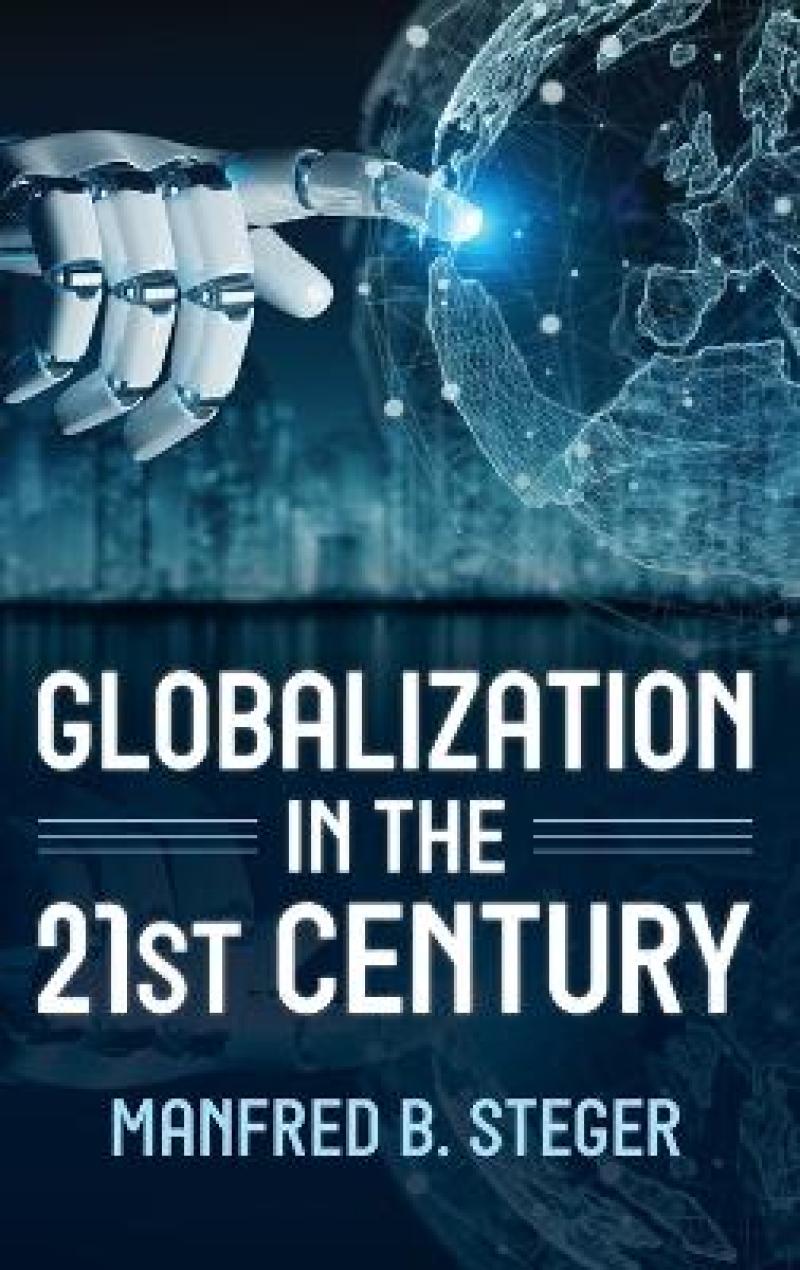The fate of globalization in the 21st century hangs in the balance. Although recent data show that most global integration has been on the rebound after the 2008-9 global financial meltdown and the COVID-19 pandemic, public sentiments about globalization have soured. The neoliberal glorification of globalization as beneficial market integration is running out of steam, while national-populist visions of “deglobalization” exert significant mass appeal. Today’s ostensible globalization backlash scenario seems to be confirmed by soaring inflation rates, global supply chain disruptions, accelerating climate change and ecological deterioration, lagging transitions to greener forms of energy, escalating economic inequality, and rising geopolitical competition among the Great Powers, especially the United States-China rivalry and the protracted Russian-Ukrainian war. On the flipside, however, such grim scenarios reinforce the fact that most of today’s problems are global in nature. This book provides an accessible assessment of 21st-century globalization that draws on global theory and history to engage pressing issues such as digitization, ideological polarization, higher education, demographics, human development, and the environment. Assembling such a big picture of globalization in this young century supports the practical efforts of setting the globe on a more equitable and sustainable path.
Les mer
Preface & AcknowledgementsList of Figures and TablesPART I: HISTORIES & THEORIES A Genealogy of “Globalization”The Four Meaning Branches of the Family Tree Called “Globalization”The Neoliberal Revolution and the “Globalization of Markets”Concluding Reflections on the Meaning of “Globalization” in this BookFour Ages of Globalization Periodizing Globalization: Perilous PitfallsPeriodizing Globalization: Alternative ModelsThe Age of the Embodied Globalization (10000BCE–3000BCE)The Age of Institutional Globalization (3000BCE – 1600CE)The Age of Objectified Globalization (1600–1914)The Age of Disembodied Globalization (1914–2000)Concluding ReflectionsA Critical Appraisal of Globalization TheoryGlobalization Theory: The BasicsThe Dominant Framework of Globalization TheoryAn Alternative Framework of Globalization TheoryThe Generalizing ModeThe Domain ModeThe Complexity ModeConcluding RemarksPART II: IDEOLOGIES & MOVEMENTSContending GlobalismsPolitical Ideologies and Social ImaginariesIdeological Struggles of the 21st CenturyConcluding ReflectionsThe Challenge of Antiglobalist PopulismThe Significance of Global CrisesWhat Is National-Populism?Mapping Trump’s Antiglobalist PopulismThe Populist ParadoxConcluding Reflections of the Future of Antiglobalist PopulismPART III: ISSUES & PROBLEMSThe Rise of Global Studies in Higher EducationThe Institutional Evolution of Global StudiesThe Global Studies Story at the University of California Santa Barbara (UCSB)The First Pillar of Global Studies: GlobalizationThe Second Pillar of Global Studies: TransdisciplinarityThe Third Pillar of Global Studies: Space & TimeThe Fourth Pillar of Global Studies: Critical ThinkingConcluding Remarks: Critiques of Global StudiesDigital Globalization in the COVID-19 EraFour Social Formations of GlobalizationDigitization and Disjunctive GlobalizationThe Production of the Unhappy ConsciousnessConcluding Reflections on the Impact of COVID-19Globalization in 2040: Environment, Population, DevelopmentEnvironmentPopulationDevelopmentConcluding ReflectionsNotesIndexAbout the Author
Les mer
A comprehensive assessment of the shifting processes of globalization in the 21st century from a leading thinker in the field.
Reappraises globalization in a systematic and comprehensive wayConveys globalization in accessible and engaging manner for students, instructors, and general readersAddresses significant global issues such as the higher education, digitization, population & demographics, human development, and the environment/climate changeContinues the globalization debates of the last three decades by evaluating major arguments and presenting new insights and frameworksThe final chapter offers an engaging and informed discussion on where globalization might be going in the next two decades
Les mer
Produktdetaljer
ISBN
9781538179727
Publisert
2024-01-23
Utgiver
Vendor
Rowman & Littlefield
Vekt
445 gr
Høyde
236 mm
Bredde
158 mm
Dybde
18 mm
Aldersnivå
U, 05
Språk
Product language
Engelsk
Format
Product format
Innbundet
Antall sider
230
Forfatter
Biographical note
Manfred B. Steger is Professor of Sociology at the University of Hawai’i at Mānoa. He has served as an academic consultant on globalization for the U.S. State Department and as an advisor to the PBS television series, Heaven on Earth: The Rise and Fall of Socialism. He is the author of over 30 books and numerous articles on globalization, and social and political theory, including The Rise of the Global Imaginary: Political Ideologies from the French Revolution to the Global War on Terror (Oxford University Press, 2008); the award-winning Globalisms: Facing the Populist Challenge, 4th ed. (Rowman & Littlefield, 2020); and the bestselling Globalization: A Very Short Introduction, 6th ed. (Oxford UP 2023).
